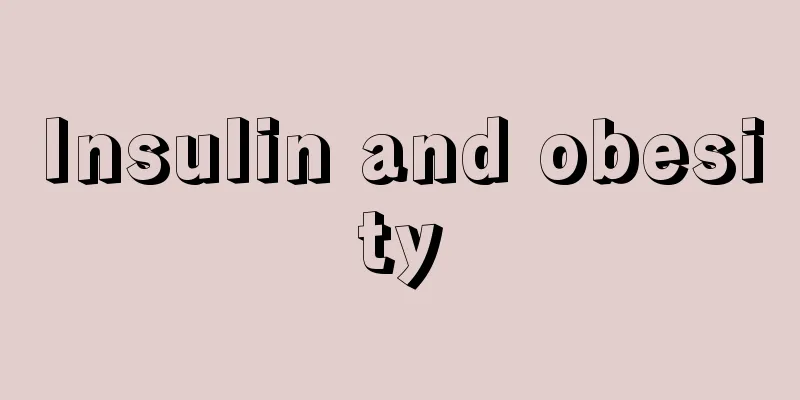Insulin and obesity

|
Insulin is a relatively common drug and is also a drug that has a good effect in treating and controlling symptoms such as diabetes. Of course, if insulin is taken for a long time, it is likely to cause obesity in patients. Of course, when this problem occurs, certain countermeasures need to be taken in a timely manner! Here I will introduce to you how to deal with obesity caused by insulin! 1. Improve your lifestyle Limit daily calorie intake and adhere to a lifestyle intervention based on a healthy diet (low-energy, high-fiber food) and exercise (brisk walking for more than 40 minutes a day, ≥ 5 days a week). 2. Rational use of hypoglycemic drugs 1. For patients with type 1 diabetes, adjust the insulin dosage to the appropriate range; you can also take metformin to reduce the amount of insulin. 2. For patients with type 2 diabetes, especially obese patients, insulin sensitizers should be used actively, with metformin + thiazolidinediones (TZDs) being the first choice. 3. For obese patients with type 2 diabetes, insulin sensitizer + insulin secretagogue, insulin sensitizer + α-glucosidase inhibitor, insulin sensitizer + insulin glucagon-like peptide-1 (GLP-1) receptor agonist + insulin are all good combinations. GLP-1 receptor agonists help reduce weight gain after insulin therapy. 4. Insulin should be selected from human gene recombinant insulin or insulin analogs with high purity and low antigenicity, and the lowest dose should be used to achieve the best blood sugar-lowering effect. 3. Actively use lipid-lowering drugs For different types of dyslipidemia, lipid-lowering drugs such as statins or fibrates can be used. As long as the main indicators of blood lipids can be controlled within the target range, the cardiovascular risk will be significantly reduced. The 2007 edition of the "Guidelines for the Prevention and Treatment of Dyslipidemia in Chinese Adults" defines coronary heart disease combined with diabetes as an extremely high-risk category and diabetes as a high-risk category, with LDL-C control levels of <80 mg/dl and <100 mg/dl, respectively. |
<<: What to use to wash vegetables to remove pesticide residues
>>: At what age do you finish replacing your teeth?
Recommend
How to determine whether hair loss is abnormal? A small experiment tells you
Our hair grows periodically, and the "life&q...
What should you pay attention to when heating lunch boxes in a microwave?
Boxed lunches are a common food in daily life. Bo...
Can down jackets be washed in a washing machine?
Down jackets are what we wear often. Down jackets...
What are the side effects of southern candle leaf
As a Chinese herbal medicine, Candlewood Leaf can...
Can walnuts cure pharyngitis?
Patients with pharyngitis should pay close attent...
Eye exercises to restore vision
Nowadays, more and more people are suffering from...
What is the reason for blue eye sockets
Some people often say that they stay up the longe...
What is the best treatment for night blindness
In fact, many of our friends suffer from night bl...
Can facial skin cancer be cured?
Cancer is a disease that makes people shudder. Wi...
Can nasopharyngeal cancer be transmitted to children?
Is nasopharyngeal cancer contagious to children? ...
Is brain CT examination reliable for diagnosing brain cancer?
Can brain CT scans diagnose brain cancer? The det...
How to relieve neck pain?
The neck is one of the most mobile parts of the h...
The hereditary nature of colorectal cancer cannot be ignored
Oncologists say that the occurrence of colorectal...
A review of osteosarcoma treatment methods
Osteosarcoma, everyone is unfamiliar with the wor...
Shouxian Valley Ganoderma Lucidum Spore Powder
Shouxiangu Ganoderma lucidum spore powder can imp...









